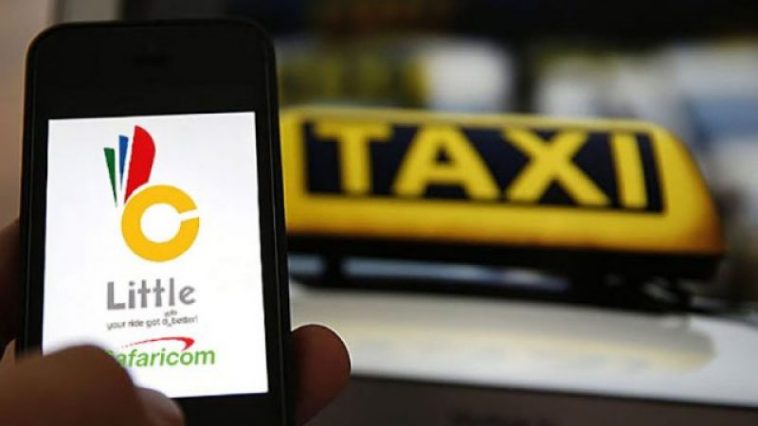The advantage of ridesharing apps is their simplicity to the users. The user only needs to make a few quick taps, and the driver will be picking them. But Little the ridesharing service based in Nairobi uses its complex nature to attract more users. Since its launch in June 2016, the service has registered over 10,000 drivers and has logged in millions of riders.
The service is giving sleepless nights to Uber which has been the leading ridesharing service in Kenya. According to CEO of Craft Silicon, Kamal Budhabatti, the company felt that Uber was not doing enough to benefit the drivers despite assisting the riders. He added that they had developed a whole financial ecosystem that is of benefit to both the passenger and the driver. Craft Silicon is the Little’s parent firm.
The ecosystem calls for than just transporting the rider. Little offers an opportunity for the riders to buy airtime from drivers. This helps drivers to settle their utility bills while at work which is all processed by the Little app. According to Budhabatti, drivers will be in a position to offer financial services from loans to insurance through the app. the service received backing from Safaricom a mobile payment and telecommunication giant in Kenya. Saying that Little does not experience competition on the streets of Nairobi, Kenyan capital will be a lie. Uber is still the largest ride-hailing service in the majority of African capitals. There is also stiff competition from Mondo Ride and Taxify among others.
But little has designed its product basing on the local realities with some innovations that have placed it on top of its international competitors. The service accepts app payments through M-Pesa for the beginners. Moreover, riders are in a position to request for Little without necessarily having a smartphone app. They can do that through activating USSD *826# (shortcode) on their mobile phone of any type. The location of the rider is discovered through mobile towers, and a driver send. Furthermore, the service is rolling out a network of little agents in bars, restaurants, and shops all over Nairobi. This will allow creditless or phoneless customers to ask for Little. According to the CEO currently, it is still a pilot project with a total of 200 agents but planning to grow it to 1,000 agents.
Apart from offering free Wi-Fi to vehicles, the service has also diversified the available options to riders. Moreover, Little provides motorcycles for boda-boda just like Mondo Ride. This is an advantage for those looking to overcome the enormous traffic experienced on the roads in Nairobi. The platform also developed Lady Bug service that allows riders to request for a female driver. The service is only available to female riders after 6 p.m. there is a high demand for the service that has over 300 female drivers who are active on the app.
The company reported that it usually has 12,000 riders every day. Compared to Uber which failed to state its daily record or riders but said that it record 216,000 active users monthly in Nairobi, Little is looking to expand on various cities across Africa. The service is already available in Mombasa and Kisumu both in Kenya. Moreover, it launched its services in Uganda in May this year and is planning to launch in Kigali Rwanda before the end of June. The company is also looking forward to launching in Ghana and Zambia in 2019.



